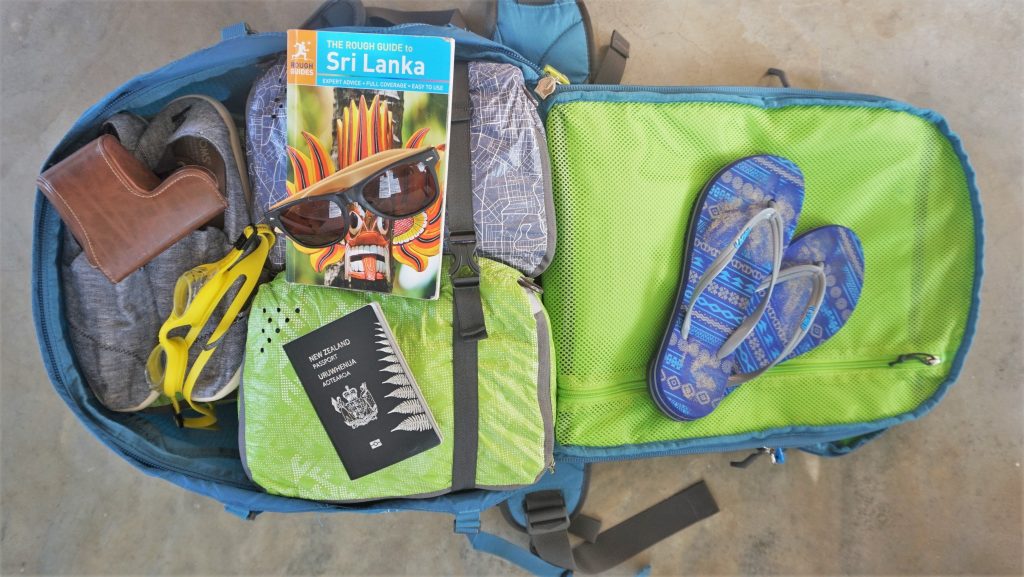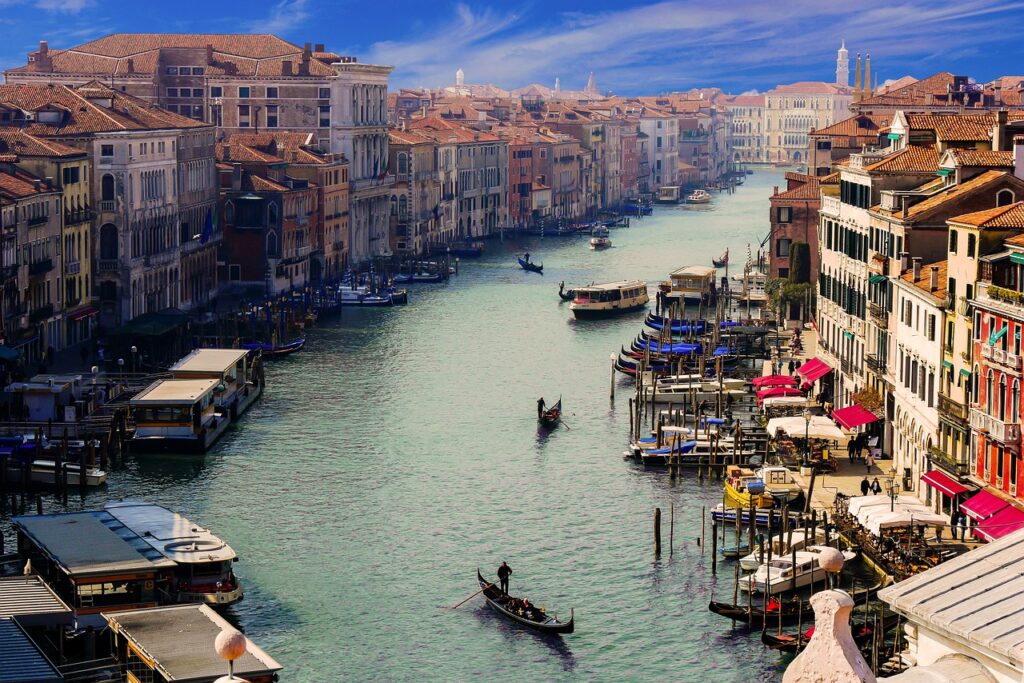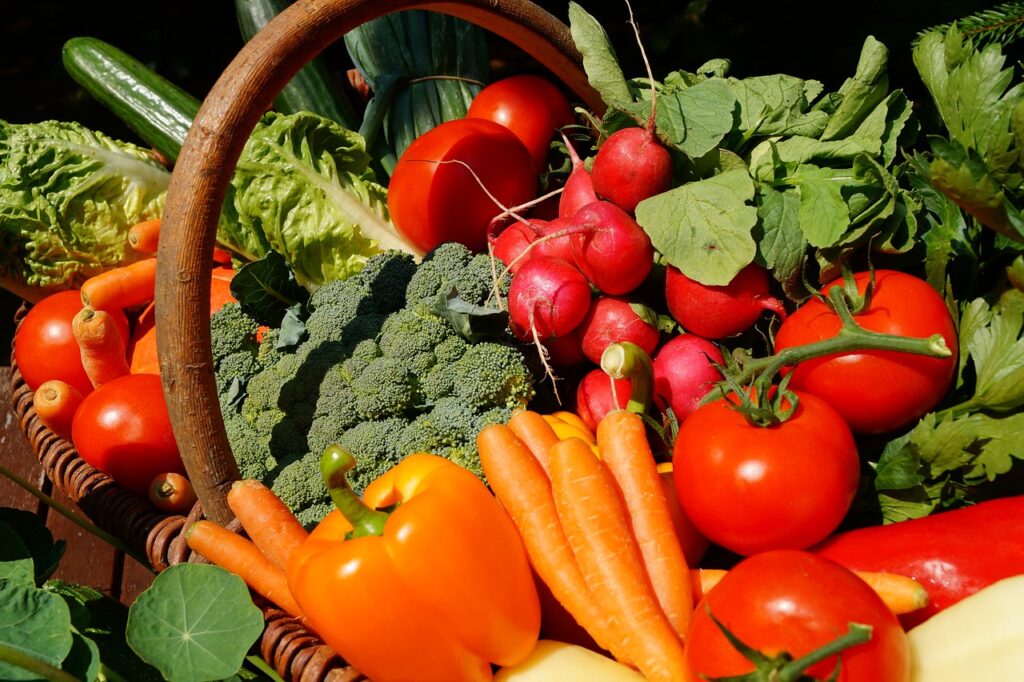What is sustainable travel?
Travelling sustainably and eco-friendly travel are new buzzwords but what does it actually mean and how can you change your travel habits to make sure travel remains positive and beneficial for the places you’re visiting? Sustainable travel means different things to each person but we like to think of it as covering everything from environmental issues to animal welfare and ethical practices.
It’s about making sure our travel has as little negative impact as possible on the world and leaves places the way we found them. Making sure communities have the infrastructure, knowledge and most importantly want to welcome tourists. Will the places your visiting still be the same in 50 years if every visitor behaves the same way you do?
Some of these tips are no brainers and really simple to enact but others require a bit more research or time. Either way, they are all worthwhile and help to make the world of travel and tourism more ethical and sustainable.

1. Fly less
Flying is about the worst form of transport for the environment but sometimes it’s necessary. You can help make your flying habits more eco-friendly by reducing the amount you fly or looking for direct flights instead of ones with layovers. If it’s a short flight have a look if there are overland alternatives like night trains or buses which will reduce the carbon emissions of your journey. Skyscanner has also introduced a feature which evaluates which flight would be the most eco-friendly option based on fuel consumption and the number of passengers.

2. Pack light
The less you pack the lighter the plane will be. It may seem insignificant but if everyone did it, it’d make a difference to the amount of fuel the plane needed. Having smaller bags also makes it easy to adopt other eco-friendly travel habits such as taking public transport or walking places.
Have a look at our minimalist packing tips here.
3. Stop using plastic bottles
Carry a reusable water bottle with you and fill it up at cafes, drinking fountains or hotels. If the country your in doesn’t have drinkable tap water make sure you bring a water purifier with you. You can get the low down on the best water purifiers for travel here. You need never buy a plastic bottle again!
4. Switch to solid toiletries
There are lots of great reasons to switch to solid toiletries, in fact, we wrote them all down in this article. But for travel, they really are so much easier and they mean far less plastic waste.
5. Say no to animal tourism
Thinking about riding an elephant or watching an animal show, think again! At least until you’ve done your research. There is a saddening amount of tourism built around animal abuse and one of the easiest ways to help is to avoid spending any money at places that support this kind of tourism.
There are still ethical ways to visit animal sanctuaries but if people are allowed to touch or feed the animals it’s a big no-no! Make sure to read reviews and even reports from the organisation about the work they do, many places pretend to care for the animals but simply use them to make money.
6. Stay with locals
Make sure your money stays in the local economy and help support those who live in the place you are visiting. Aim to find locally owned accommodation such as homestays, BnBs or independent hotels. This also provides a great opportunity to get to know more about the local culture, customs and language. For a great free option try using Couchsurfing to connect with some locals and experience a different way of life.
7. Reduce power and water use
Just because you aren’t paying the power bills doesn’t mean you shouldn’t take care of what you use. Switch off lights when not in use and limit your shower times. This is especially important in countries which have limited access to resources or where energy is non-renewable.
8. Offset your carbon emissions
It’s pretty hard to stop flying completely, especially if you live on an island like us. But offsetting your carbon emissions can be a great way to help reduce the impact your flying has on the planet.
Basically, you pay for a programme which negates the carbon emissions caused by your flight by planting trees or using renewable energy. There are many companies that offer this and often airlines will have an option to add this into the price of your airfare. A good way to make sure your scheme is reputable is to head to The Gold Standard, for information and recommendations.
9. Refuse single-use plastic
Reducing single-use plastic is an easy way to make your travels more sustainable. It can be as simple as ordering your drink with no straw or eating a meal in so as not to get take-away waste. The best way to refuse single-use plastic and make yourself understood is to come prepared! Bring a reusable shopping bag, a keep cup for coffee or your own water bottle. If you want to be really serious there are all kinds of reusable straw and cutlery options as well. Read our article on simple ways to reduce your plastic waste.

10. Use public transport
The most eco-friendly way to get around is with your feet or even a bike. But for travel longer distances or between cities public transport is your best bet. Check out the train timetable or find the local bus station – it often ends up cheaper as well. If you prefer to travel by car use ride-sharing websites or shared taxis for getting around town. The more people travelling in one vehicle the better it is for the planet.
11. Respect nature and wildlife
If you’re interacting with the great outdoors make sure it is sustainable and respectful. This means everything from basic common sense like not littering to being conscious of local wildlife and its habits. Stick to designated paths, don’t disturb animals in their natural habitat and imagine the landscape if everyone treated it the way you do… will it still be there in 50 years?
12. Respect local customs
This is a huge part of sustainable travel that often gets overlooked as it’s not about nature. Local customs and cultures are part of the reason we travel and getting to experience them is a real privilege. By respecting and embracing them you can help to reduce the negative impacts of tourism and ensure that cultural practices are preserved. Make sure you adhere to accepted dress-codes and avoid areas that are sacred.

13. Shop and eat local
Keep your money within the local economy by supporting local businesses. If you’re buying souvenirs look for items made within the country your travelling or, better yet, buy directly from the maker.
To sustain authentic and meaningful tourism locals should be able to make money through food and products made and grown there. When you give your money to international corporations or mass-produced products it eliminates jobs and skills within the community your visiting. It can involve a little more research in some countries than others to find sustainable and locally made crafts but it’s worth the effort and makes those special travel memories more worthwhile knowing they’re helping local people earn a living.
14. Travel off the beaten path
While over-tourism plagues many of the world’s most popular destinations there are plenty of cities and countries that are begging for tourist dollars and this income would provide real benefit to the areas. Instead of ticking off the list of top 10 beaches in the world this summer, why not get off the beaten path and experience somewhere truly unique. We highly recommend Kyrgyzstan, Iran, Kosovo and Georgia as safe, lesser travelled destinations with plenty to offer.






